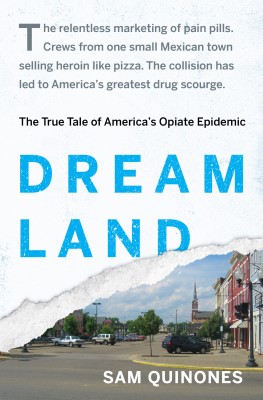The Los Angeles County Department of Public Health is today holding hearings on a proposal that would force pharmaceutical companies to pay to “take back” their drugs and needles that are not used by consumers.
Los Angeles County is following the lead of Alameda County in northern California, which enacted an ordinance requiring pharmaceutical companies to provide funds to collect and dispose of unused pills. The ordinance survived Supreme Court review last spring, and is now in place under the concept of Extended Producer Responsibility (EPR).
According to the L.A. County department’s website, “EPR is an environmental protection policy approach that recognizes the responsibility of a manufacturer or producer of a product to steward that product through the post-consumer stage of its lifecycle.”
This has become an issue due to overprescribing of addictive narcotic painkillers over the last two decades – often following routine surgeries. Frequently patients are prescribed 60 or 90 Vicodin, Percocet, or Oxycontin pain pills, of which they often use only a small fraction, leaving the rest in their medicine cabinets. Many of those pills have been discovered by kids in the home, their friends, by workers doing jobs at houses, or otherwise entered the black market.
These overprescribed and unused pills have added enormously to the street supply of pills and are a large part of why the country is in the midst of an unprecedented scourge of opiate addiction.
Profits from the sale of these pills have accrued to pharmaceutical companies, while the costs of dealing with that addiction have been borne by taxpayers – cities, counties, jails, coroners, police and public health departments.
One response has been Drug Take-Back days, which have spread nationwide. In 2014, 5 million pounds of drugs were taken back during these events nationwide, according to the National Safety Council. (LA County’s interim health director estimates some 200 million pounds remain of these drugs remain in medicine cabinets around the country.)
Of course, the problem is who pays to take back these drugs, and to then dispose of them. Up to now, again, public agencies, typically cities, counties or the DEA, have foot the bill.
The move to push pharmaceutical companies to contribute is new. Counties and cities across America might want to look into this new kind of ordinance as they cast about for ways to pay for taking back the enormous quantities of highly addictive painkillers still out there.



